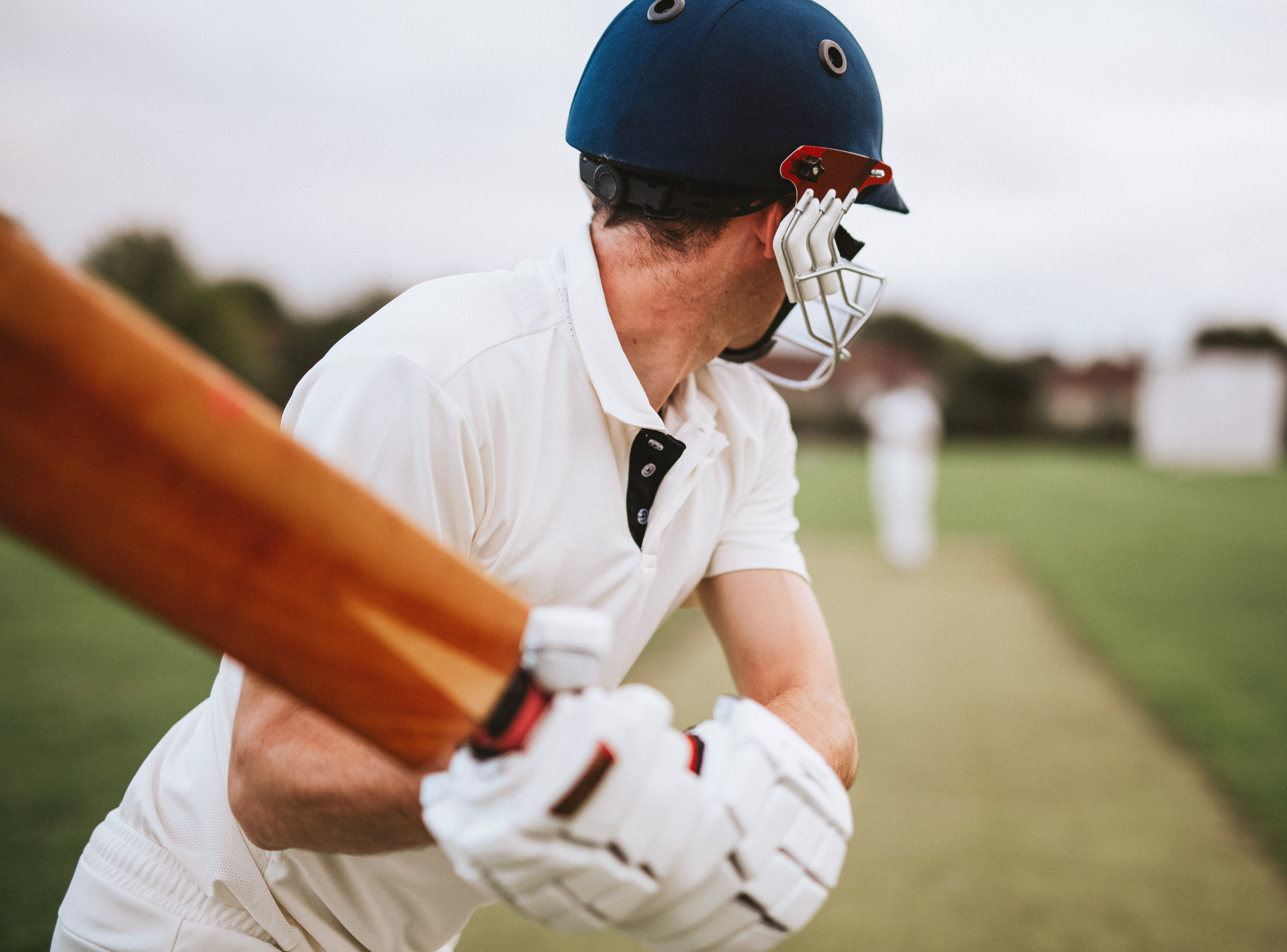 Sport can play a crucial role in challenging stereotypes and promoting positive mental health for boys and young men, new Australian research has concluded, suggesting that sporting clubs need to move away from fostering traditional masculine ideologies.
Sport can play a crucial role in challenging stereotypes and promoting positive mental health for boys and young men, new Australian research has concluded, suggesting that sporting clubs need to move away from fostering traditional masculine ideologies.
The ABS reports that intentional self-harm is the leading cause of death among young people aged 15–24 years, 75% of which are males, making it vital that healthcare professionals find a way to support young men’s mental health during the transition period between adolescence and adulthood.
The study, published June 27th in BMC Public Health, surveyed young males playing either cricket or Australian Rules Football, with participants interviewed post-survey to gain a deeper understanding of their responses and examine the role of sport in their lives and mental wellbeing.
The results showed that players, parents, and key stakeholders within the sporting club viewed the environment as being an important place to shape young men’s positive mental health attitudes, with open and honest discussions critical to preventing issues associated with poor self-esteem and potentially dropping out of the sport.
Lead author Professor Murray Drummond, director of Flinders University’s SHAPE Research Centre and a member of the Flinders Institute for Mental Health and Wellbeing (Órama), said that for many boys, sport is a significant part of their life and often the only ‘safe space’ where they can receive positive socialisation and engagement.
“We identified a number of positive elements to playing for a sporting club, including having like-minded friends, as a release from the stressors of school, and the ability to engage with other males irrespective of age or demographic,” Professor Drummond said.
“As clubs bring together different ages, they are able to provide positive role models for the younger players, with strategic leadership and mentoring key to developing respectful relationships and positively shaping the young men’s identities: our study found greater club support was significantly associated with more egalitarian views.
“[Yet] while sporting cultures are traditionally strong in supporting the growth of young men’s physical and social capacity, we need to explore how versions of manhood contribute to young males’ mental health.”
Sporting clubs, particularly masculinised sports, have tended to espouse traditional hegemonic masculinised ideologies, which do not promote tolerance, inclusivity and mental health and wellbeing.
By changing these traditional hegemonic masculinised environments, these sporting clubs could potentially offer spaces for young men to thrive emotionally within inclusive and understanding environments.
“Sport offers the ideal space in which to create a nurturing environment while challenging stereotypical norms, important when most of the popular sports in Australia, including Aussie rules, cricket and rugby, have previously been seen to be sites of hyper masculinity,” says Professor Drummond.
“Clubs are crucial to changing young males’ attitudes and behaviours for positive mental health outcomes, with the benefits of socialisation for mental health also not to be underestimated.
“We know so many young men will likely pass through a sporting club at some point in their life – we need to be engaging sporting clubs to ensure they can become an important vehicle for change under the right conditions.”
To find out more about men’s mental health (and men’s health in general), check out the latest, July edition of Medical Forum magazine, out now in all subscribing general practices.

